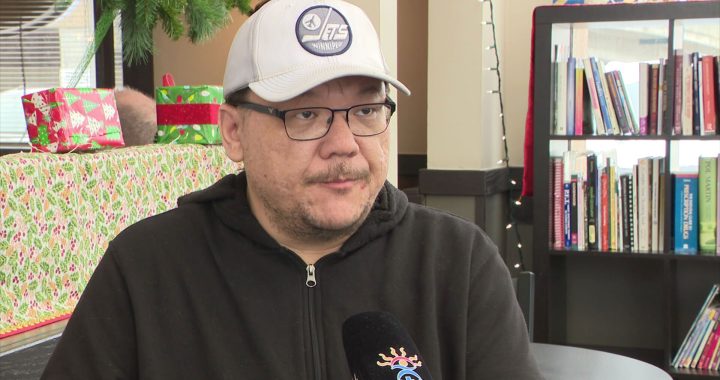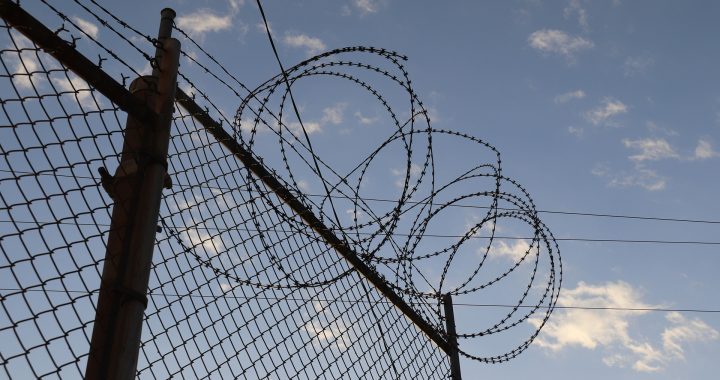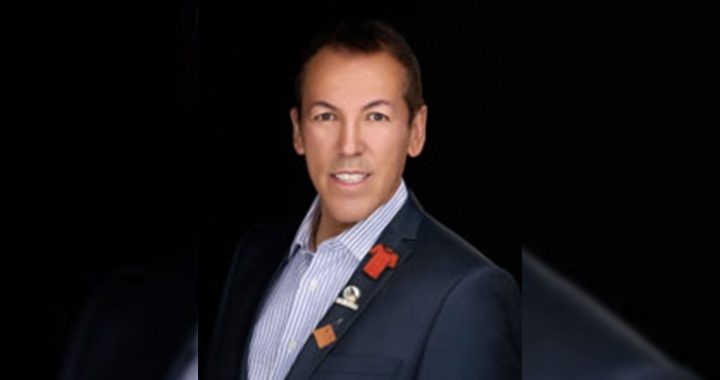Indigenous leaders and businesses have raised concerns over Ottawa’s Procurement Strategy for Indigenous Business initiative for decades.
The federal program is meant to ensure at least five per cent of government contracts go to Indigenous businesses but some Indigenous leaders have questioned who is benefiting.
According to Indigenous Services Canada, In 2022, $1.6 Billion or 6.27 per cent of all contracts were awarded to First Nations, Inuit or Métis businesses.
Long-time investigative journalist Patti Sonntag was part of a collaborative investigation that began in late 2022 into the billions of dollars in federal contracts.
Also involved were faculty and students at First Nations University of Canada and the University of King’s College.
They discovered billions of dollars in contracts were awarded without always requiring bidders to prove that they were Indigenous owned.
Part of the investigation included Sonntag applying for a Métis card from the largest self-identified “Métis” organization in Quebec.
“I am really not Métis, I am not. I do not have one ancestor who is Indigenous, not at all,” says Sonntag on the latest episode of Face to Face. “One of things that came up was that Indigenous business owners said that fake cards were available. Now, that is no surprise to APTN audiences.
“I was checking to see how quickly a person could obtain one and it turned out just within a few minutes.”
As Sonntag’s reporting progressed, she discovered a company that was partly owned by a federal cabinet minister that said it was Indigenous-owned while bidding on federal contracts.
Over the years, Edmonton Centre Liberal MP Randy Boissonnault has had shifting Indigenous ancestry claims.
Two weeks after Sonntag’s story came out, Boissonnault was out of cabinet to “focus on clearing the allegations against” him according to a statement from the Prime Minister’s Office.
Boissonnault has not spoken to the media or released a statement since.
Sonntag says she never expected her reporting would lead to his removal from cabinet.
“By that point, I had been reporting on the program for months and it really didn’t cross my mind I have to say. It’s really important reporting, it’s really important to talk about how this money is spent and whether it’s benefiting First Nations, Inuit and Metis communities. I was surprised as anyone,” says Sonntag.
She expects Indigenous procurement to be in the news for a while yet as two committees are looking into the program.
Recently, Indigenous Services Minister Patty Hajdu told a committee that 1,100 companies have been removed from the Indigenous Business Directory but didn’t say why. She told a House of Commons committee that the purge was part of a regular review of businesses on the registry.
She also told the committee that Boissonnault’s company was not registered.
Over the course of her career, Sonntag has won dozens of awards for her reporting. She spent more than a decade at the New York Times and is the founder of the Institute for Investigative Journalism.
Now, she’s set to become a professor.
Sonntag will be heading up a class at the First Nations University of Canada that will taught remotely and open to anyone who wants to sign up.
“It’s all about, how do we hold power to account,” says Sonntag.
“The tools of an investigative journalist, tracing companies, following the money, talking to people, these can be applied in a lot of fields. They’re really useful to people who want to go into law or maybe you’re end of career and this is something you want to do as part of your next stages.”













